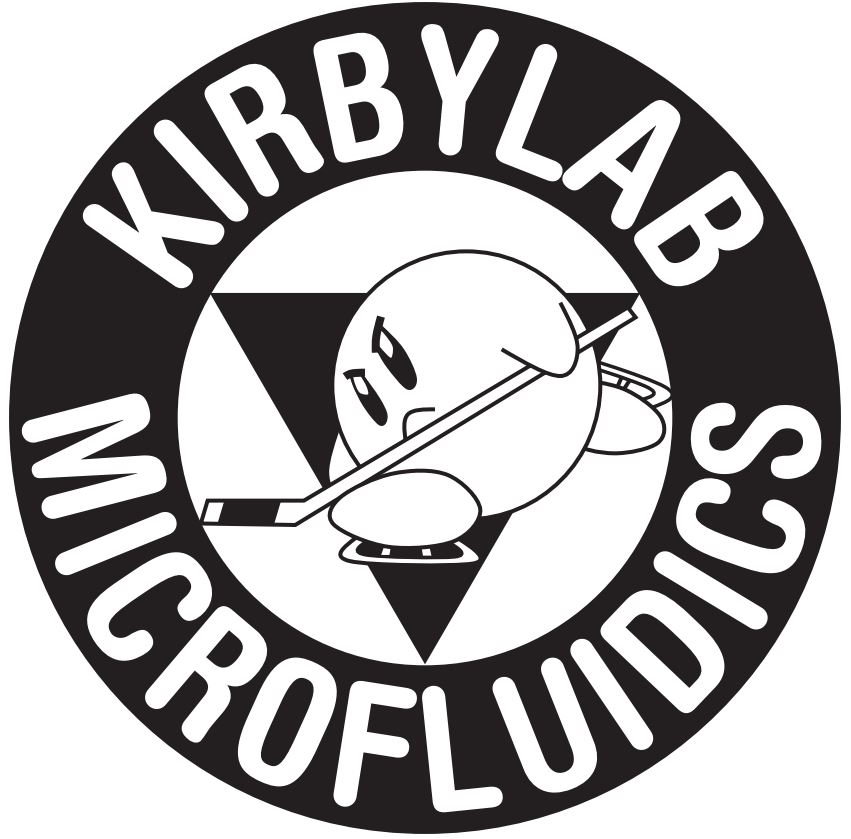Gordon Research Conference – Bioanalytical Sensors
I attended the Bioanalytical Sensors session of the Gordon Research Conference/Seminar held in Newport, RI from June 16th to 22nd. I presented a poster on our current work on “Dielectrophoretic Spectrometry of Membrane Properties in Mycobacteria” in both the conference and the seminar.
We aim to achieve separation of Mycobacteria based on membrane properties using an insulative dielectrophoretic (iDEP) microdevice. Dielectrophoresis (DEP) is an electrokinetic technique used for particle/cell manipulation and separation and relies on the gradient of an applied electric field to manipulate the particles/cells. The DEP response of a particle/cell depends on its size and its dielectric properties and that of the hosting medium.
Our iDEP microdevice relies on a curved constriction in the channel depth to generate electric field gradients for the separation of particles/cells by staggering their transverse position at the exit channels based on their DEP response. We have previously shown that this device is capable of separating polystyrene particles of different sizes which have different DEP responses.
In Mycobacteria, the DEP response is a strong function of membrane capacitance. We are now working on using our device to separate Mycobacteria based on membrane mutations/antibiotic treatments. We expect that the separation of mycobacterial mutants will aid researchers in studying the mechanisms leading to pathogenicity and drug resistance in Mycobacterium tuberculosis.
I also attended some really cool talks by Harold Craighead on “Nanostructures for molecular manipulation and analysis”, Daniel Branton on “Reading DNA sequences with nanopores”, Richard Crooks on “Paper-based microelectrochemical systems” and Luke Lee on “Integrated molecular diagnostic systems”.
